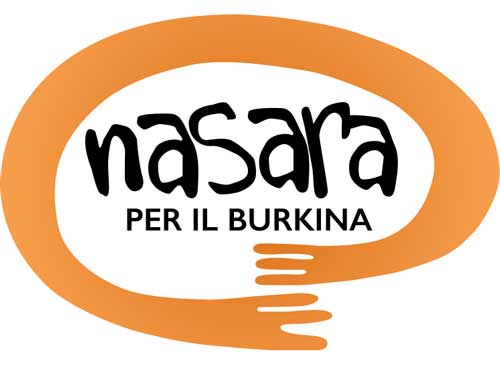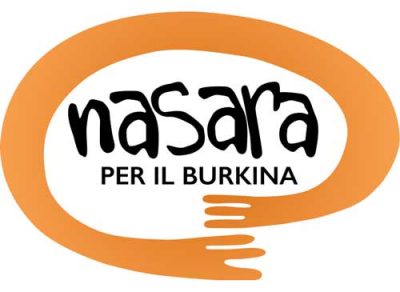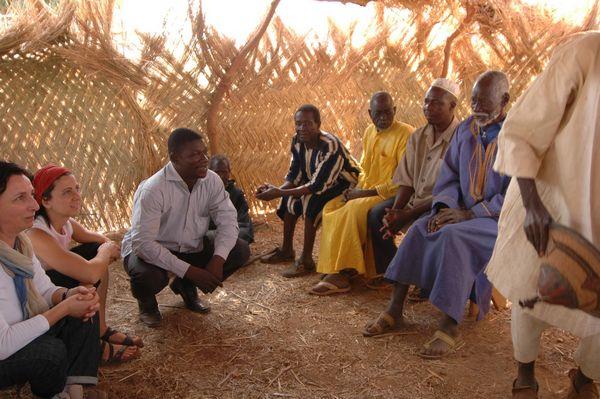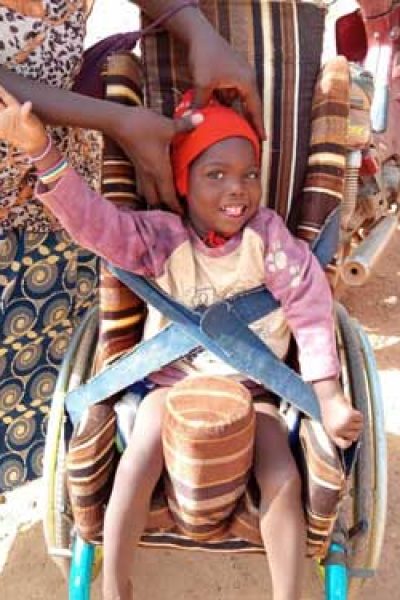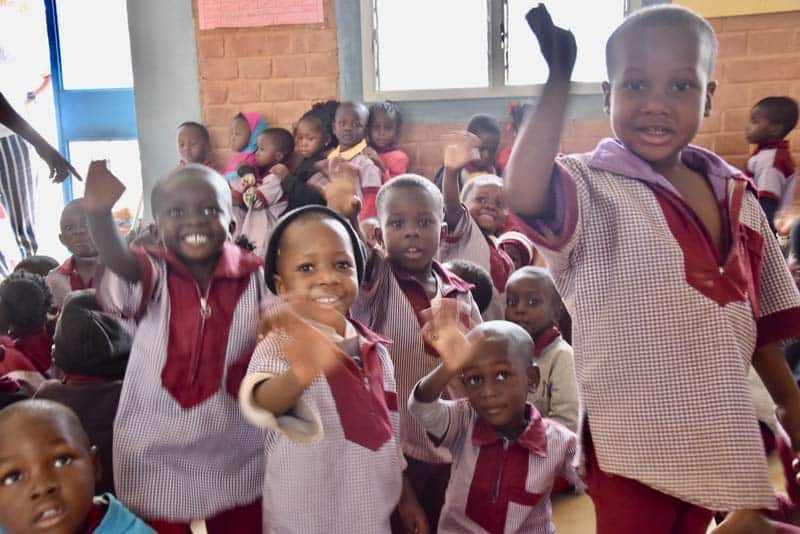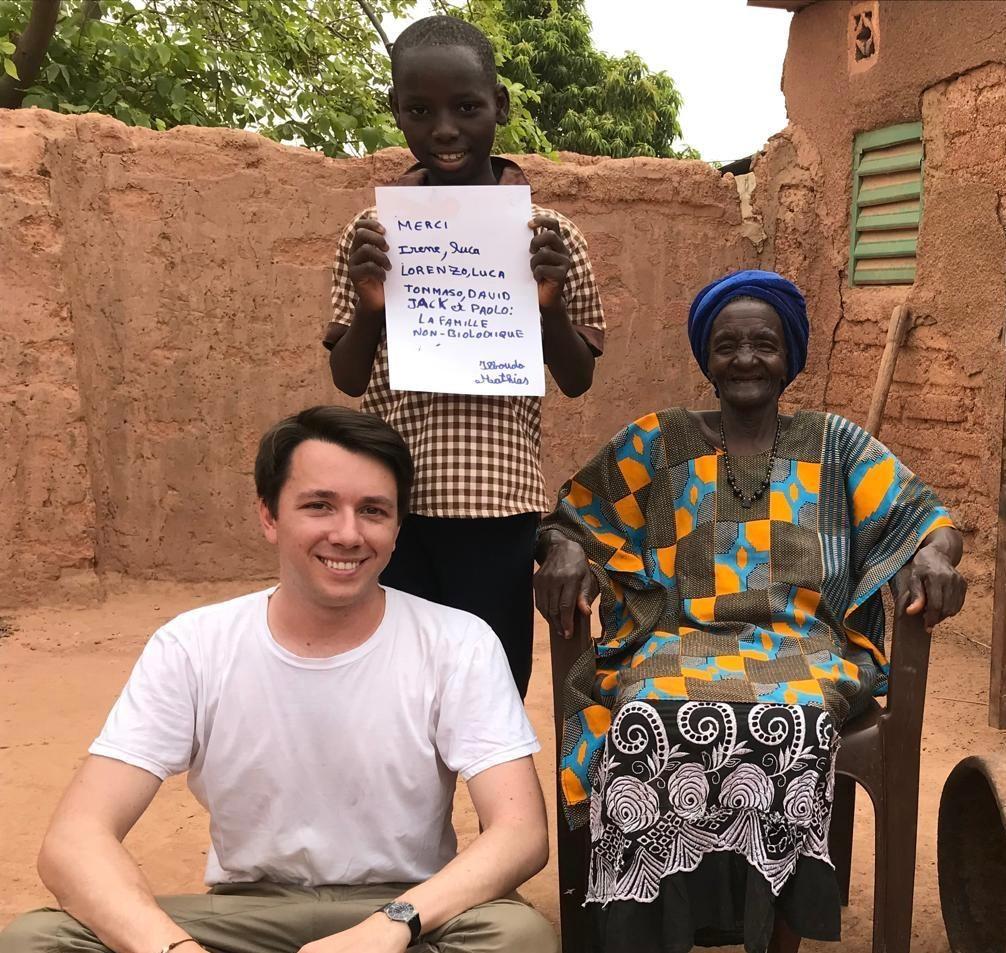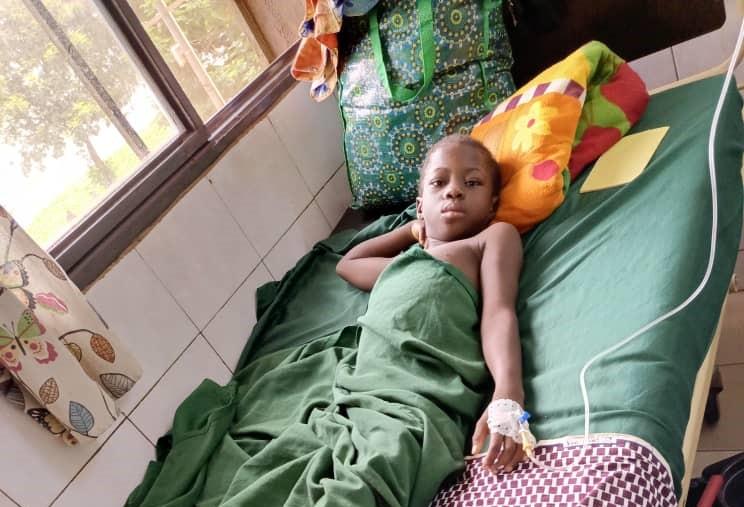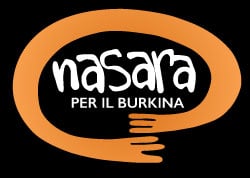Traditional pharmacy
For many millions of people, medicinal plants, traditional treatments and traditional practitioners are the main, and sometimes the only, source of health care. This care is locally available and affordable as well as being culturally accepted and gaining the trust of a large number of people.
A great deal of interest on the part of the sick population, practitioners, local governments and the WHO itself is contrasted with a situation that in practice presents many as yet unresolved problems, which undermine the quality and safety of traditional medicine techniques.
General objective:
The aim of the project is to create a virtuous, closed-loop system that will allow for a new way of conceiving the integration of traditional African medicine with the national health system
Beneficiaries:
The direct beneficiaries are the workers involved in the project, the farmers forming the cultivation cooperatives, and the Traditional Medicis who will be able to purchase the certified products resulting from the processing of the medicinal herbs.
All patients of Traditional Doctors are indirect beneficiaries , because they will be able to use medicines that come from a production system with quality and hygiene guarantees.
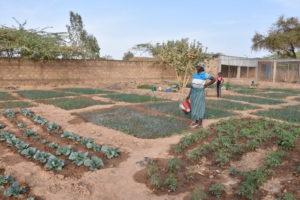
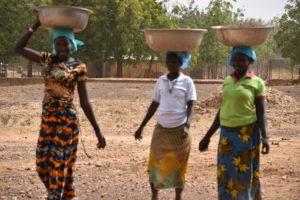
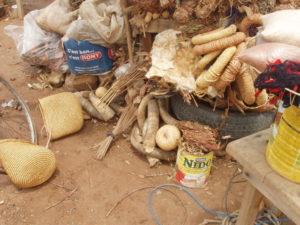
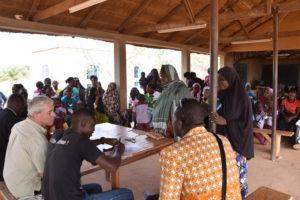
Partners involved:
the Laafi-Eco cooperative has been the point of contact between conventional pharmacological science and traditional African medicine and the Traditional Doctors themselves.
In particular, the collaboration with Dr Pascal Nadembega, who has since become the Director General of Alternative Medicine in Burkina Faso; a specific directorate of the Burkina Faso Ministry of Health that reports directly to the Minister, has been consolidated over the past two years.
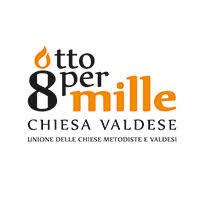
Means of financing the project
This project can be considered the first phase of a much broader intervention idea in the field of the valorisation of medicinal plants and the network of traditional Burkinabe doctors. This first phase was financed by:
- Waldensian Church with a contribution of approximately EUR 24,000, for the purchase of all materials to set up the research laboratory and materials for the first processing activities
- The rest of the activities were financed from own funds
Description of project activities
- Creation of a network of growers’ cooperatives and providing them with the necessary training and logistics.The project has established relations with 3 growers’ cooperatives that have started to carry out experiments in the field of domestication of medicinal plants. Domestication means experiments in sample fields where different crop species are cultivated that are considered to be of particular agronomic and pharmaceutical interest. Species have also been cultivated that have been assessed to be at risk of extinction due to the indiscriminate harvesting that takes place in the savannah.Establishment of a processing centre for products
With the equipment purchased by the project with funding from the Waldensian Church, a processing centre was created for the medicinal plants grown and harvested by the cooperative farmers. In this centre, we are now able to grind the raw materials to a controlled granularity, create capsules, and work with semi-liquids.
- Creating the basis for a local market of certified medical products –
A network of possible buyers was created, and the project participated in two medicinal plant fairs held in the capital. On the other hand, it must be noted that the quantity of raw material produced is still too low to activate a self-sustaining cycle for the project. To solve this problem, Nasara has taken steps to apply for more funding to move from the startup phase to the regime phase, and in December 2018 submitted an application for funds to the Italian Agency for Cooperation and Development.
- Establishing a research centre for medicinal plants
During the two years of the project, the research activity was very intense, also thanks to the partnership that was created with the Centre National Semences Forestieres (CNSF), which is the largest plant research centre in Burkina Faso. With this centre, the plants on which to carry out the experiments were chosen, the cultivation methods considered best, and the results analysed. Again with CNSF personnel, the plants most at risk of extinction were defined, and awareness-raising work on these was carried out among traditional doctors and gatherers of wild plants. The most satisfying activity was the domestication of medicinal plants that had never been cultivated in the open field before the project, but only collected wild in the savannah.
- Defining policies for the intellectual protection of results
This activity was the subject of studies and contacts with major national and international bodies dealing with the protection of knowledge. The activity was carried out in two directions: one aimed at methodologies applicable to a poor market that could be compared to the patenting activity normally recognised in the western world, the other aimed at defining a ‘data base’ of knowledge that is considered common heritage of the community and therefore cannot be patented by the pharmaceutical industries, which often act incorrectly by deceiving traditional knowledge holders and patent compounds that should instead be considered common heritage.
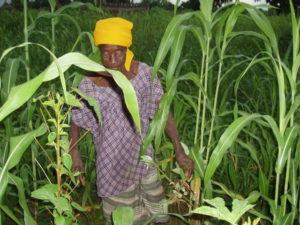
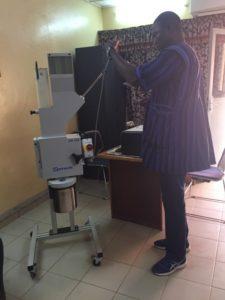

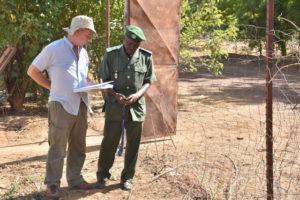
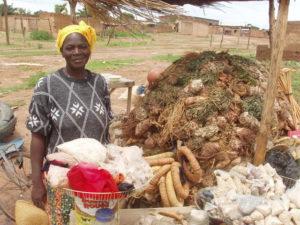
Description and evaluation of relations with all stakeholders (partners, other involved bodies, etc.)
The main stakeholders were:
- Traditional doctors with whom very effective relations have been established both on a personal level and on the level of provincial professional organisations
- The 3 cultivation cooperatives where sowing took place
- The Laafi Eco association that has been present in every activity
- The Ministry of Health and in particular with the Directorate of Traditional Medicine
- The CNSF is a research centre under the Ministry of the Environment that deals with plants and seeds; it is a paramilitary corps, comparable to our forest rangers.
Disclosure, visibility and communication
We gave visibility to the project at the two annual medicinal plant fairs held in 2017 and 2018 in the capital Ouagadougou. During the 2017 fair, the Nasara association received a national honour from the Ministry of Health, which testifies to its achievements in the field of traditional medicine.
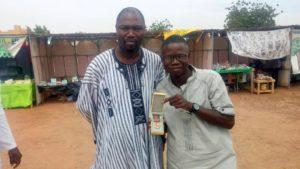
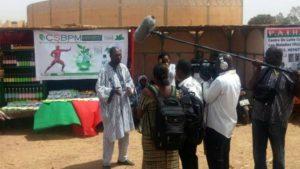
in Nasara
